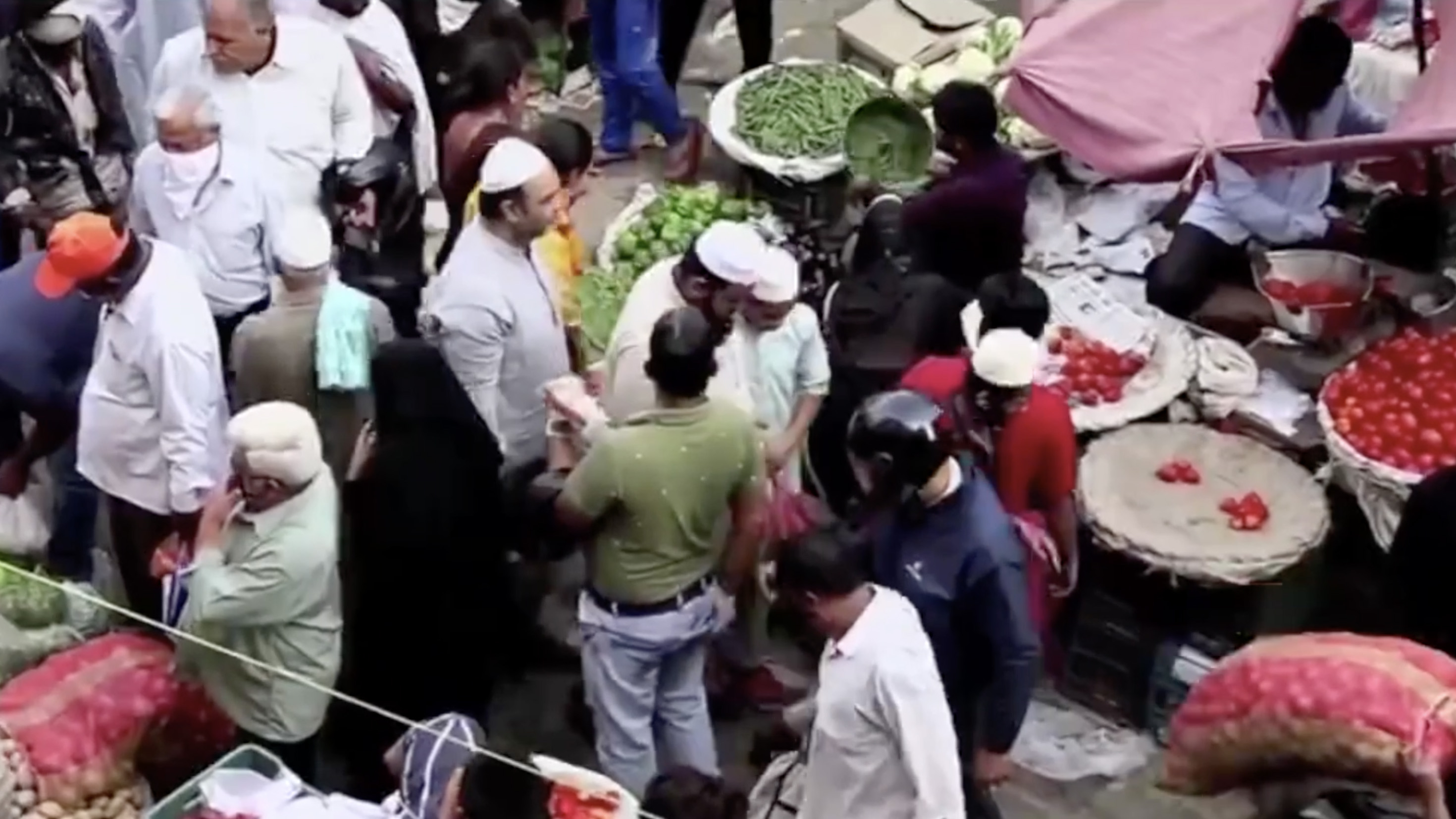02:05

As COVID-19 spreads across India, the worst hit is the poorest of the poor. Worst hit are daily wage earners who have lost their jobs. As a result there is an exodus of migrant workers from the cities to the villages and with public transport suspended most of them are walking hundreds of kilometers to reach home.
Shayam Kumar, 40, who collects scrap from homes in Delhi, said, "There is no business. The scrap dealers have shut shop and our business is hit. I am going home tomorrow. Like others I will have to walk for days to reach my hometown in the state of Bihar. A few of us from the same village are planning to hire a car, but if the costs are high we will be walking home."
The media has highlighted the plight of these people over the last few days and the state governments are now coordinating to provide some relief. The central government announced a 23 billion U.S. dollar economic package providing direct cash transfers and food security measures to give relief to millions of poor people hit by a nationwide lockdown over a coronavirus pandemic, Nirmala Sitharaman, minister of finance said.
"We do not want anyone to remain hungry so we will be giving enough to take care of their food, grains requirement, protein requirement in terms of pulses. On the other hand, they should also not remain without money in hand, so several measures through DBT (Direct Benefit Transfer) are being taken so that money reaches them so that they can have money in their hands."
The government aims to distribute 5 kilograms of staple food grains of wheat or rice for each person free of cost, with a kilogram of pulses for every low-income family, helping to feed about 800 million poor people over the next three months. She added that this package would tackle the welfare concerns of poor workers, and those who need immediate help.
Earlier this week the government had also given some relief to the income-tax payers by extending the date of filing income tax by three months to end of June this year. That has given a huge relief to people who are suffering major losses in their businesses due to the lockdown.
The central bank has also stepped in announcing several measures, including special lines of liquidity, a loan moratorium, and easier asset quality norms, to help the economy tide over the crisis. In order to mitigate the effects of the coronavirus crisis, the Reserve Bank of India (RBI) decided on Friday to cut interest rates by 0.75 points to 4.4 percent, in addition to announcing a liquidity injection of more than 45 billion euros for the financial system.
The RBI governor Shaktikantha Das, while announcing these measures, said, "After extensive discussions, the MPC (Monetary Policy Committee) voted for a sizable reduction in the policy of repo rate and for maintaining the accommodative stance of monetary policy as long as necessary to revive growth, mitigate the impact of COVID-19, while ensuring that the inflation remains within the target." These policies directly address the financial stress caused by COVID-19 pandemic.
The announcement of a 21-day lockdown by the Indian Prime Minister Narendra Modi on March 24 took the country by surprise. The administration and citizens had just three hours to prepare for the lockdown. With each passing day the government is making amends in their announcements and more and more items are being added to the exempted list.